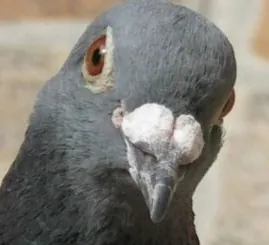Pigeon
coo coo
No bio...
User ID: 237
Out of curiosity what did they do to the story to make the 2010 show such a meme?
Thanks! I had a look at the Substack, and while it's a decent glossary and dramatis personae, I was looking for something less dry. But it's useful context.
Just to clarify that you're looking for the novel, Romance of the Three Kingdoms (三國演義 sanguo yanyi), rather than the actual history, Records of the Three Kingdoms (三國志 sanguozhi)?
The 1994 version, from what I hear, is the most faithful to the original novel, but suffers occasionally from pacing issues.
(I haven’t seen any of the TV series as I read it in text)
Oh wow, I did not know about this.
It's a video of Xu Qinxian's secret trial. I'm surprised the party allowed such a recording, even for their own purposes. Perhaps something is shifting in the winds if a party member has leaked this out.
recent example we found out of the Chinese officer who refused to march on the Tiananmen protestors in the 1980s
Wait what recent examples?
I’m pretty sure it was well known that there were high ranking members of the military who were disapproving of the crackdown, from a letter co-signed by multiple generals to Xu Qinxian refusing to march into Beijing, or Xu Feng, or He Yanran etc.
- Prev
- Next


Much of the cultural relevance and memes (in the Dawkinsean sense) from the Three Kingdoms can be found from the Romance, so if getting a background on that is what you're after then the Romance is definitely a better fit, as the culmination of a thousand years of dramatised retellings of the period. You're not going to get things like Zhuge Liang borrowing ten thousand arrows from the actual history.
I'm not sure if there even is an English translation of the Records.
More options
Context Copy link